The Trump-Musk Feud Shows Danger of Handing the Keys of Power to One Person
In recent developments, the once-flourishing relationship between Elon Musk and Donald Trump has turned tumultuous, reflecting a broader concern over the growing influence of powerful individuals in politics and business. This public fallout reveals the risks associated with allowing such enormous power to rest in the hands of erratic billionaires.
The Dramatic Split: A Shift in Dynamics
After a year of mutual admiration, the partnership between Musk and Trump collapsed spectacularly this week. The world’s wealthiest person publicly accused Trump of associating with a notorious sex offender, prompting Trump to retort that Musk had "lost his mind." This exchange of barbs unfolded across their respective social media platforms, leading to threats that could have severe consequences.
Consequences of a Public Feud
Trump’s suggestion to cancel Musk’s government contracts and subsidies raised alarms. Such a move could devastate not only Musk’s companies but also federal agencies dependent on them. Musk responded with a threat to decommission the SpaceX Dragon spacecraft, crucial for NASA’s missions, although he later rescinded this drastic decision.
A Warning About Unchecked Power
The fallout from the Trump-Musk feud underscores the peril of placing critical public resources in the hands of private enterprises led by unpredictable individuals. Space travel, once a national endeavor, now hangs in the balance due to the whims of a single billionaire. Concerns about corruption in Musk’s deep ties with the government culminated in calls for investigations into his influence.
Emotional Decision-Making: A Threat to Services
The public nature of this dispute serves as a stark reminder of the unpredictable decision-making processes of figures like Musk. His initial announcement to decommission SpaceX’s Dragon spacecraft revealed the emotional intensity of the feud. Musk’s erratic responses have raised questions about the seriousness of his threats, complicating the landscape for government services.
One day, Musk declared, “In light of the President’s statement about cancellation of my government contracts, @SpaceX will begin decommissioning its Dragon spacecraft immediately.” Just 24 hours later, he backtracked, saying, “Good advice. Ok, we won’t decommission Dragon,” in response to a user’s suggestion for him to cool down.
International Implications and Global Concerns
The risk of governmental services becoming collateral damage in personal disputes has long been evident. Musk’s refusal to allow Ukraine access to Starlink in a strategic military context raised alarms over his control of global infrastructures. His threats to disrupt vital services have prompted European governments to seek alternatives to Starlink, wary of his unpredictability.
Musk: A Reliance that Raises Eyebrows
Despite Musk’s contentious position, the U.S. government continues to deepen its reliance on him, particularly with NASA contracts. Since winning its first NASA contract in 2006, SpaceX has secured about $15 billion, becoming essential for missions ranging from ferrying astronauts to planning a human lunar landing. This dependence illustrates the precarious balance between private enterprise and national interests.
The Pentagon and Musk’s Expanding Influence
Musk’s influence extends into national defense as well. The Pentagon employs SpaceX for launching intelligence satellites, underscoring the extent to which one individual can shape national security frameworks. Moreover, Musk’s Starlink service has even found its way to the White House, blurring the lines between governmental operations and private enterprise.
Market Forces and Accountability
While Musk remains largely accountable to market forces and the investors backing his companies, his immense wealth provides a buffer against significant financial shocks. Following his public spat with Trump, Tesla’s shares plummeted approximately 14%, erasing about $34 billion from his net worth in one day. Yet, he retains the title of the world’s richest person, highlighting the complex dynamics surrounding corporate accountability.
A Call for Re-evaluation of Power Dynamics
The extensive reliance on Musk and the privatization of government functions have drawn criticism, especially now that he has wielded threats against essential services. This conflict serves as a cautionary tale against the unchecked personal power that both Musk and Trump displayed. Regulatory frameworks are necessary to guard against such arbitrary power and erratic decision-making.
Conclusion: A Cautionary Tale for the Future
The Musk-Trump feud casts a spotlight on the potential dangers of giving immense power to individuals whose decisions can affect national interests. As society grapples with these complexities, it becomes ever more vital to strike a balance between innovation and accountability—ensuring key public goods remain resilient against the whims of private enterprise. The episode not only raises questions about corporate influence but also calls for a re-examination of how we approach the intersection of business and governance in the 21st century.

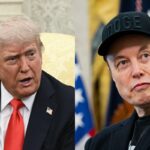
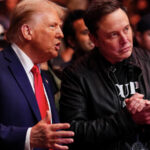
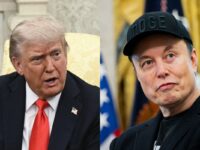
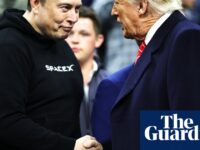
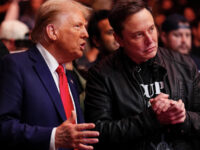
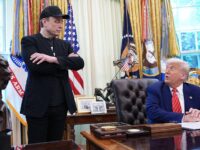
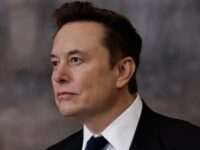
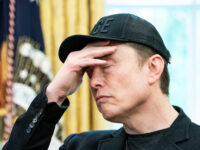
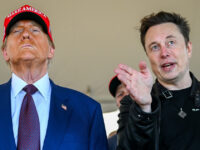
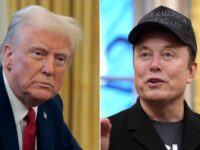

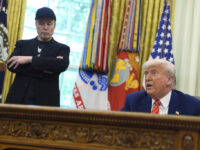







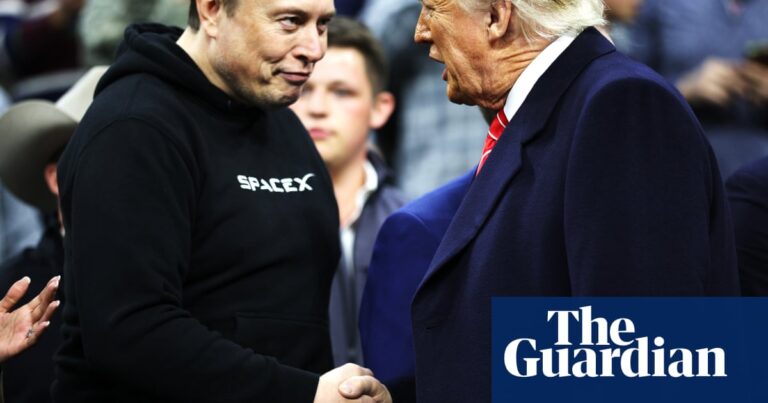

0 Comments